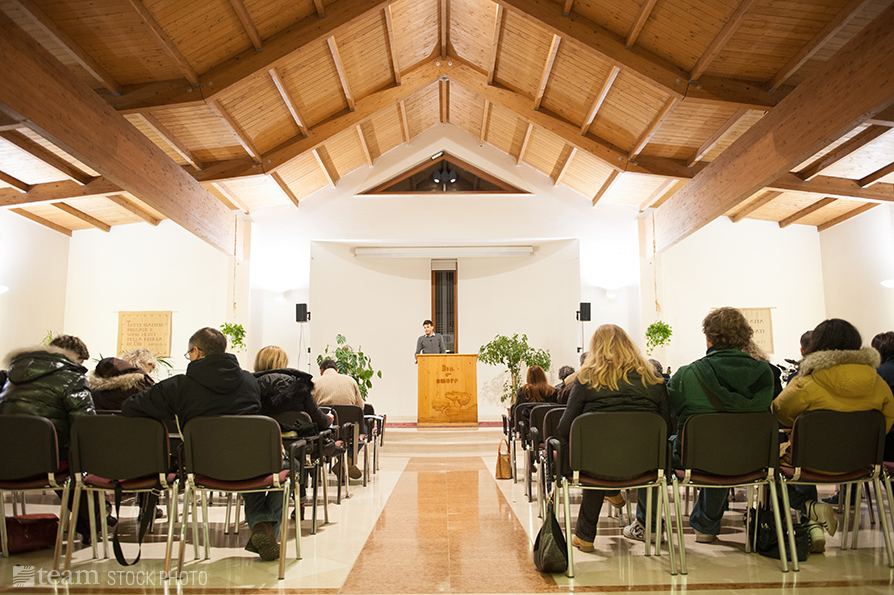
Sending Churches
3 Reasons Why Your Church Needs a Missions Committee
January 19, 2017
by Anna Price

It’s easy to assume someone at your church will do mission work. After all, isn’t the church charged with the Great Commission as one of Jesus’ last commands on earth? But the reality is, living in obedience to God’s mission takes intentionality.
Having point people focus on how the church is called to share the gospel, send new missionaries and care for sent ones is critical to any congregation. In many churches, this group of people is called the missions committee.
Whether your church loves committees or feels like the word is old-fashioned, there is just something effective about a group of people focused on how the whole church can accomplish a goal. Here’s how:
A missions committee educates the congregation about God’s work.
It’s easy to turn on the news and reduce a country to the tragic stories we see on the screen. Headlines about complex issues, like the current refugee crisis, can leave anyone feeling paralyzed to help.
A missions committee can bring their congregation news of not only what is happening in the world, but also what God’s people are doing about it.
Annual missions conferences, often hosted by the missions committee, are a common way to do this. During this time, missionaries supported by the church visit the congregation to share about their work. Members get to ask questions and hear stories they’ll never get from the news — like how in Greece, the refugee crisis has lead to many Muslims coming to Christ.
A missions committee gives intentional care to missionaries.
Missionaries sacrifice a lot to follow God’s calling, including proximity to family and the comforts of home.
A missions committee stays connected to missionaries, helps the congregation pray for them and provides support in times of need. This can mean reaching out in a myriad of ways, from sending care packages to arranging logistics for home assignments.
Many times, missionaries feel disconnected from the church family they love, and regular contact helps bridge that divide.
At churches like Grace Heartland in Elizabethtown, Kentucky, each member of the missions committee is assigned a missionary to communicate with via Skype or email. The members also connect small groups with their assigned missionaries, as well, so more people can hear about the work they are doing.
A missions committee empowers members to engage in missions.
Whether locally or globally, the world around us needs Jesus, and the missions committee can develop a strategy to share the gospel in their community and around the world.
Casting a vision for missions allows the congregation to grasp your church’s missional focus and discover how they can help fulfill it.
For instance, one church in Michigan felt called to intentionally engage with their local Muslim community. The missions committee asked a missionary from the Middle East to hold a workshop about Islam and how church members can minister to Muslims. Through this process, the church began to see members befriend Muslims in the community and boldly share their faith in Jesus.
If your committee is interested in developing a missions strategy, check out this free download that gives a six-step process to casting a vision for missions.
As missions committees empower members to serve the nations, it becomes more likely that people in the congregation will begin to feel their own call to a life of missions. As this happens, the missions committee can also identify people who are feeling a call to serve overseas and provide discipleship and encouragement to send more workers for the harvest.
Churches, ready to lead your missions committee to action? Download this FREE handbook to discover how!
Related articles


